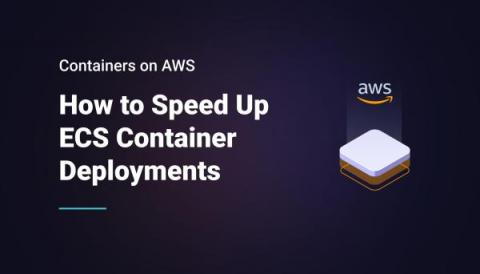Bug Hunting and improvements week - what we improve on Qovery
During the past two weeks, our Frontend and Backend teams were busy bees 🐝 with a particular sprint dedicated to bug hunting �� and improvements! Yes, both of the two weeks sprints were dedicated to bugs and improvements ONLY: tracking them, then solving them; gotta catch ‘em all 🚀











